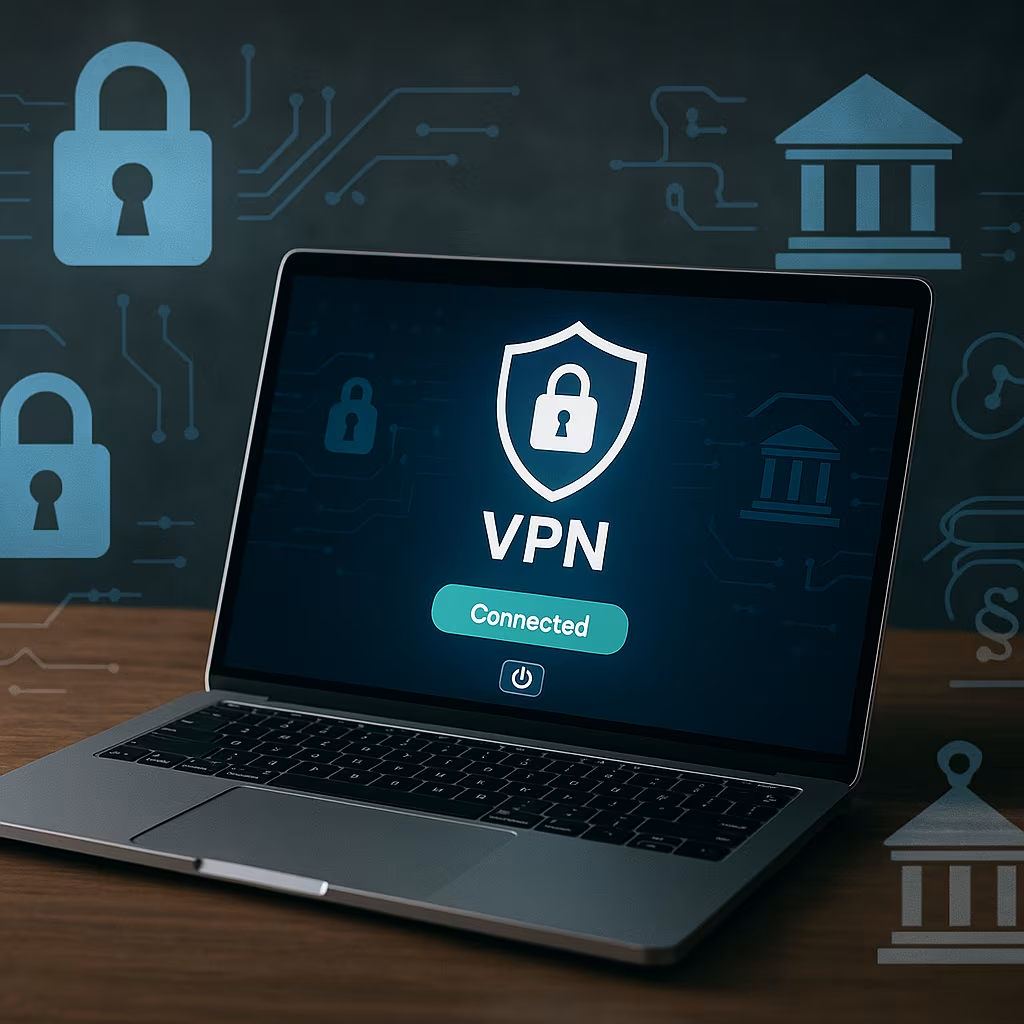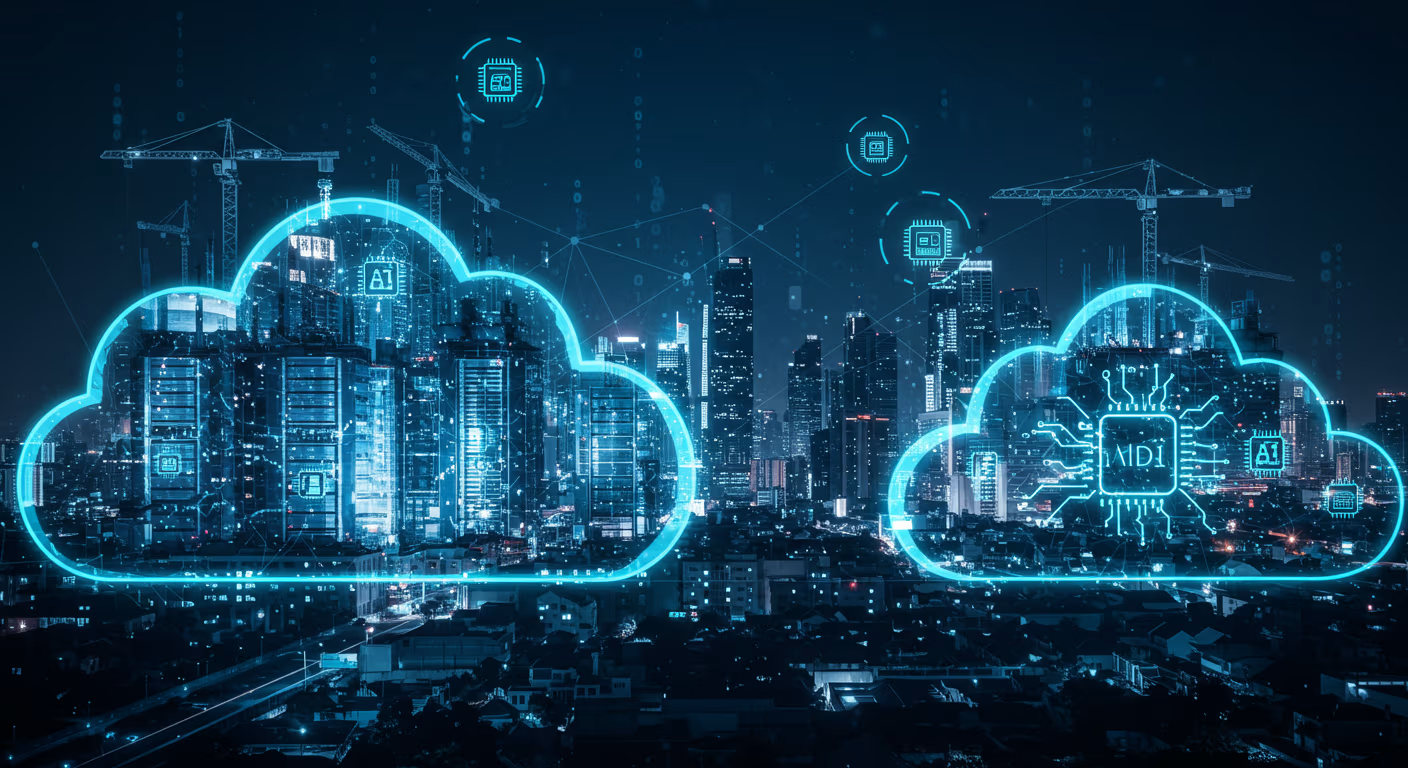Virtual Private Networks (VPNs) have become one of the most widely used tools for maintaining online privacy. Millions of users across the globe rely on them to protect personal information, bypass regional restrictions, and maintain a sense of security in an increasingly monitored digital world. Yet, as governments and regulators intensify efforts to enforce online safety rules, a growing debate is emerging: are VPNs a shield for privacy, or could they undermine laws designed to keep the internet safer?
What Exactly Is a VPN?
A VPN, or Virtual Private Network, is a service that routes a user’s internet traffic through a secure, encrypted tunnel between their device and a remote server. Instead of connecting directly to a website, the VPN masks a user’s real IP address by assigning a new one from the server they connect through.
This process achieves two major outcomes: privacy and anonymity. By encrypting traffic, VPNs prevent internet service providers, hackers, and sometimes even governments from easily tracking what users are doing online. By masking the IP address, VPNs make it appear as though the user is accessing the internet from a different location, enabling them to bypass geo-restrictions or censorship barriers.
For everyday users, VPNs are popular for streaming content unavailable in their region, securing data on public Wi-Fi networks, or simply keeping advertisers from following their every digital step.
Why Governments Are Concerned
While VPNs offer privacy benefits, they can also complicate the enforcement of online safety rules. Governments worldwide are increasingly introducing legislation aimed at making the internet safer, particularly for children and vulnerable users. Such rules often involve age verification, content filtering, and the ability to trace harmful or illegal activities.
VPNs make these regulations harder to enforce. For instance, if a country blocks harmful websites or requires platforms to restrict adult content, VPN users can bypass those controls by connecting through a server located in another jurisdiction. Similarly, if regulators mandate that social media platforms log user locations for compliance purposes, VPNs can obscure where a user truly resides.
This conflict creates a paradox: tools designed to protect individual freedoms can simultaneously make it harder for governments to ensure online safety.
VPNs and Age Verification Laws
One of the most pressing debates revolves around age verification systems, especially for websites containing explicit material. Several countries, including the UK and France, have been pushing laws that require platforms to verify users’ ages before granting access to sensitive content.
VPNs, however, pose a serious challenge to these laws. A teenager using a VPN could connect through another country where no such restrictions exist, effectively bypassing local safety measures. This undermines the intent of age verification rules and raises concerns about how effective regulation can be when circumvention tools are so easily available.
Privacy vs. Safety: The Core Dilemma
The tension between VPN use and online safety regulations boils down to a fundamental dilemma: how do societies balance individual privacy rights with collective safety responsibilities?
Privacy advocates argue that VPNs are essential in a digital era characterized by pervasive surveillance, aggressive data harvesting, and frequent cyberattacks. For journalists, activists, or citizens living under authoritarian regimes, VPNs are not just a convenience but a lifeline that protects freedom of expression and personal security.
On the other hand, regulators and child protection groups stress that unfettered VPN use weakens safety protocols. By circumventing online safety rules, VPNs can allow harmful content to spread unchecked, enable cybercriminals to mask their identities, and weaken efforts to hold platforms accountable for what happens on their services.
Will VPNs Be Restricted?
Given these concerns, some governments have taken steps to restrict or regulate VPN use. Countries such as China, Russia, and the UAE have strict rules around VPNs, often requiring providers to register with authorities or banning those that allow users to bypass government controls.
In democratic nations, outright bans are less likely, but stricter oversight is being considered. Policymakers may require VPN companies to adhere to transparency rules, such as keeping limited user logs, or to comply with local safety regulations. However, this approach risks eroding the very privacy protections that make VPNs valuable in the first place.
The Role of Technology Companies
Technology companies find themselves caught in the middle of this debate. Platforms that must comply with online safety rules face challenges when VPNs let users sidestep restrictions. Some have responded by strengthening detection tools to identify VPN traffic or by limiting services when VPNs are used.
At the same time, VPN providers are innovating to stay ahead of restrictions, offering features such as obfuscated servers designed to disguise VPN traffic as normal internet use. This back-and-forth dynamic creates a cat-and-mouse game between regulators, platforms, and VPN providers that shows no signs of slowing down.
The Future of Online Safety in a VPN World
The widespread availability of VPNs ensures that online safety regulations will always face some level of circumvention. Rather than attempting to ban VPNs outright, a more realistic path forward may involve developing smarter policies that address the root issues.
This could include improving digital literacy, providing parents with better tools to monitor online activity, and fostering international cooperation to set baseline safety standards. If safety rules are harmonized globally, the incentive to bypass them through VPNs diminishes.
Equally important is building trust. When users feel confident that their privacy will be respected, they are less likely to rely on VPNs to shield themselves from excessive monitoring. Balancing transparency, security, and individual rights will be essential for governments, companies, and citizens alike.
VPNs highlight the complexity of managing the internet in the 21st century. They embody the promise of personal freedom and privacy while simultaneously challenging the effectiveness of online safety laws. The question is not whether VPNs will undermine these rules—they already do—but whether policymakers, companies, and users can find common ground that protects both individual rights and collective safety.
For now, VPNs remain a powerful reminder that in the digital world, technology often moves faster than regulation. As governments refine online safety frameworks, the role of VPNs will remain central to debates about freedom, security, and the future of the open internet.





